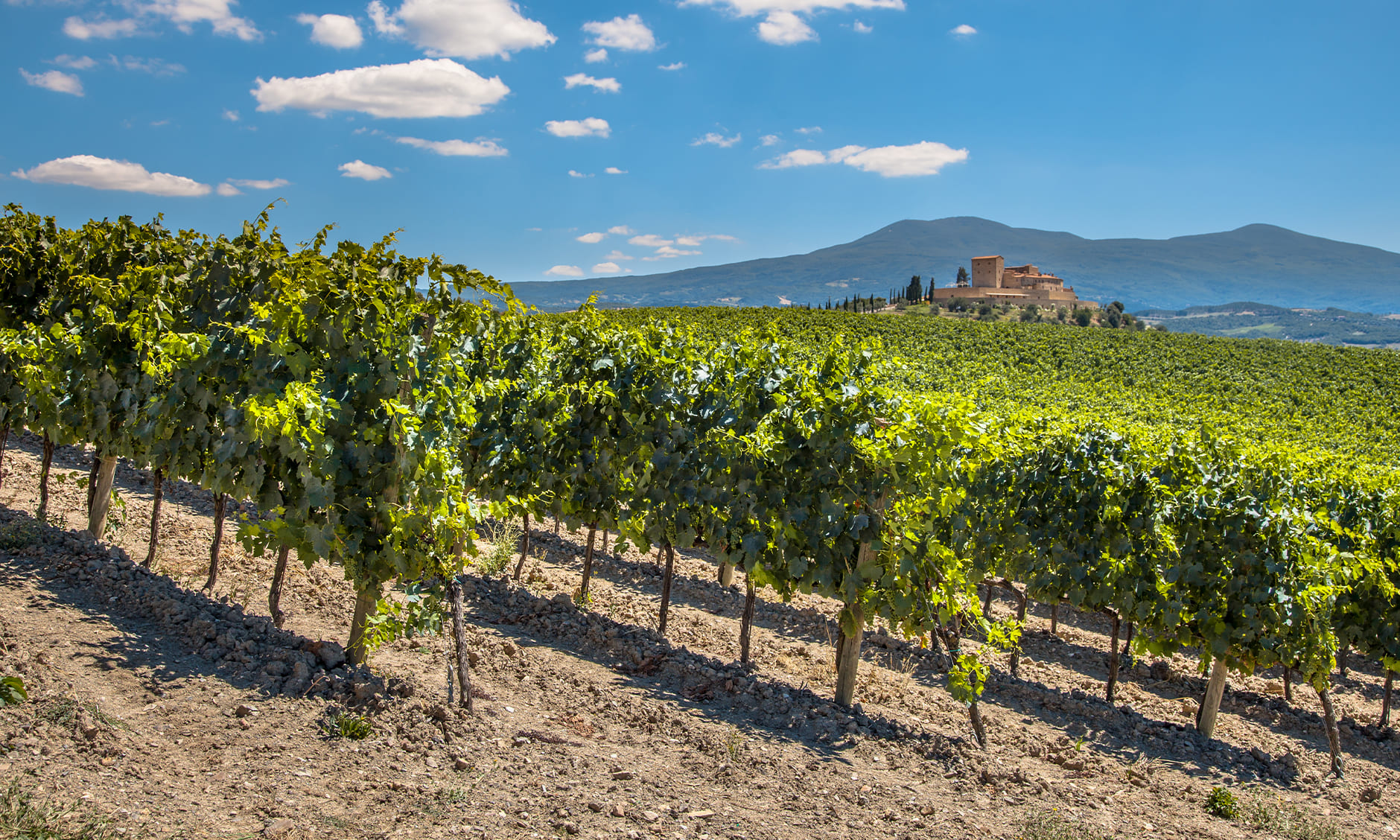Wine and estates share a deep-rooted connection that extends beyond the vineyards. Whether it’s the legacy of multi-generational wineries, the intricate estate planning involved in passing down wine-producing properties, or the valuation of rare wine collections, the legal and financial aspects of estate planning are deeply intertwined with the wine industry.

For families who own vineyards, estate planning is critical in preserving the business across generations. Proper structuring through trusts, LLCs, or family limited partnerships (FLPs) can help mitigate estate taxes, ensure smooth succession, and protect the integrity of the vineyard. Additionally, wine collections—often regarded as alternative assets—require special considerations in estate plans. Factors such as proper storage, valuation for tax purposes, and beneficiary intentions play a crucial role in ensuring that these assets retain their value and are distributed according to the owner’s wishes.
For high-net-worth individuals and collectors, wine investments can be a unique but complex asset class within an estate. Legal considerations include insurance coverage, proper documentation for provenance, and tax implications upon transfer. Furthermore, for those incorporating wine into charitable giving, donations of valuable bottles or entire collections to institutions can provide tax advantages while supporting a cause.
As the wine industry continues to evolve, estate planning remains a fundamental tool for preserving both the business and the personal passion behind it. Whether you’re a vineyard owner or a collector, understanding the intersection of wine and estates ensures that your legacy remains intact for future generations.


